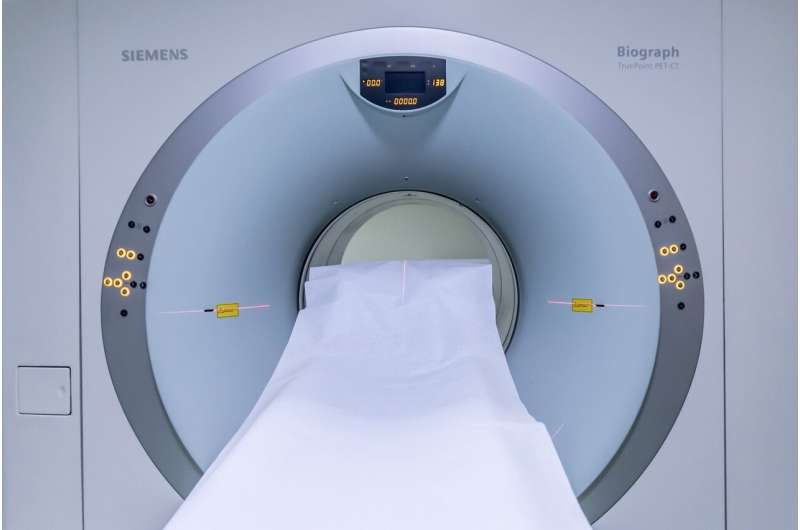Genetic Target Identified That Could Halt Breast Cancer Cell Growth

Scientists have identified a genetic target that could prevent breast cancer cell growth by focusing on the enzyme PLK1, opening new possibilities for targeted therapy.
Researchers from the University of Saskatchewan have uncovered a promising genetic target that may lead to new strategies for eliminating breast cancer cells. Led by Dr. Franco Vizeacoumar and Dr. Andrew Freywald, the team focused on a key enzyme called polo-like kinase 1 (PLK1), which is overexpressed in nearly all cancer cells and supports tumor growth. While PLK1 plays an essential role in controlling cell division, its abundance in cancer cells makes it a potential target for therapy; however, its presence in normal cells has been a challenge.
Using advanced CRISPR gene editing at a single-cell level, the scientists identified genetic dependencies associated with PLK1-overproducing cells. Instead of targeting PLK1 directly, they examined genes that cooperate with it to drive cancer progression. Their research, published in Cell Genomics, utilized innovative single-cell CRISPR screening combined with animal model testing, marking a significant achievement in Canadian cancer research.
The team discovered specific genetic vulnerabilities in cancer cells that produce high levels of PLK1 but spare normal cells. This breakthrough led to the identification of a new drug-like molecule that inhibits the target gene, resulting in decreased tumor growth in preclinical animal models. Although the development of a new drug for human use requires further research and testing, this discovery offers a valuable new avenue for cancer therapy.
Dr. Vizeacoumar emphasized the importance of international collaboration and the extensive research efforts that contributed to these findings. Moving forward, the team aims to secure additional funding to optimize their approach and explore combination therapies that could improve treatment efficacy. This research paves the way for more targeted and effective breast cancer treatments, addressing a critical need in oncology.
Source: https://medicalxpress.com/news/2025-05-common-genetic-halt-breast-cancer.html
Stay Updated with Mia's Feed
Get the latest health & wellness insights delivered straight to your inbox.
Related Articles
Is Your Healthcare Provider Truly Listening to You?
Discover how deep, value-driven listening by healthcare providers can improve patient relationships, enhance care quality, and promote healing in modern healthcare settings.
Reducing Energy Waste: Turning Off Idling CT Scanners Can Save Significant Power
A groundbreaking Australian study shows that turning off idle CT scanners saves energy equivalent to powering a household for a year, highlighting sustainable practices in healthcare.
Revolutionary Ward Designs Enhance Recovery and Staff Efficiency in Stroke Care
Innovative architectural designs for stroke rehabilitation wards improve patient outcomes, boost operational efficiency, and offer significant economic benefits. Discover how modern hospital environments are transforming stroke recovery care.



